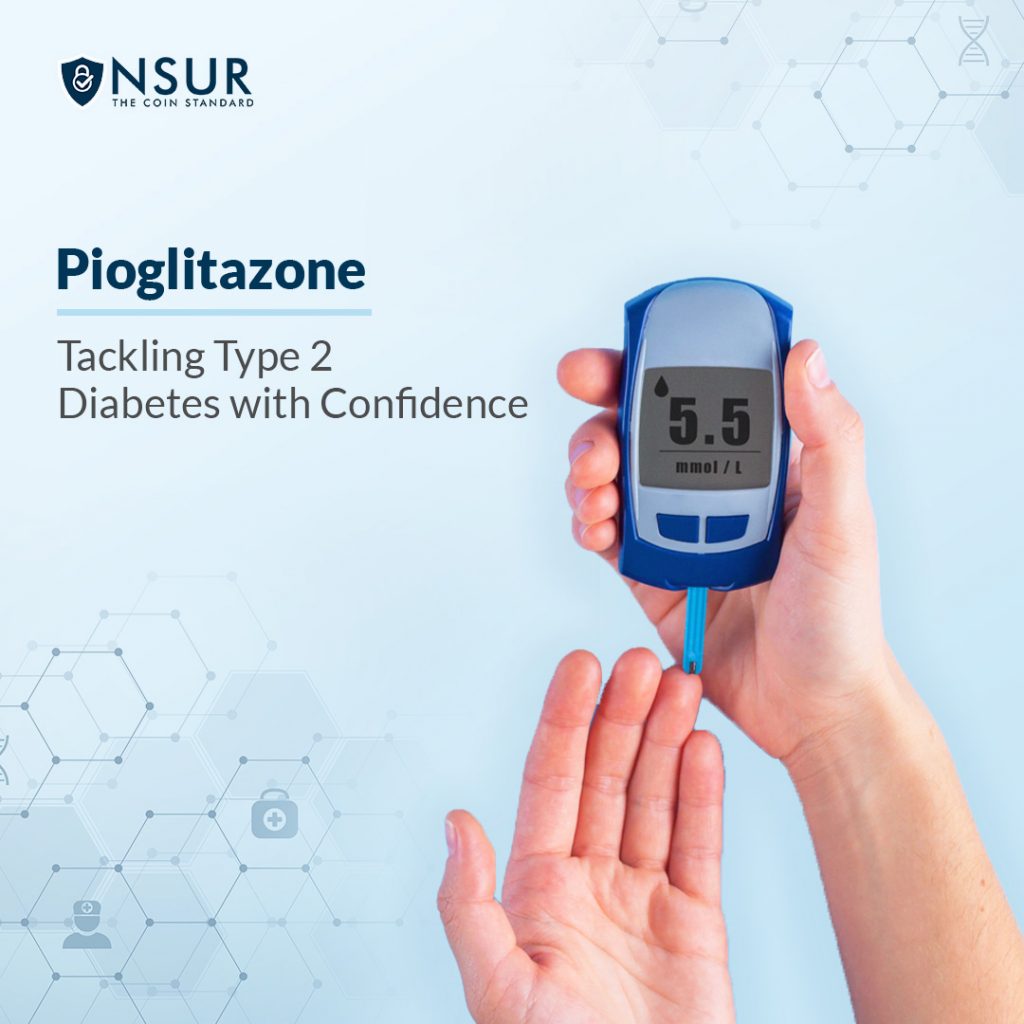
The metaverse heralds a new golden age in universal healthcare delivery. As healthcare evolves and becomes more virtual, a key opportunity will be to leverage the space between the real and virtual worlds.
There is no doubt that the metaverse will have a significant impact on many aspects of life, but it will also play an important role in healthcare.
Metaverse has great potential in the Healthcare Industry.
A “metaverse” in healthcare signifies the fusion of three major technologies. Using artificial intelligence, augmented reality, and virtual reality, humans are experiencing the world in a new and creative way.
In Metaverse AI can create a more customizable and precise virtual world. An immersive and unparalleled version of the real world is presented through augmented reality (AR). As for VR, it is difficult to tell the difference between AR and VR. VR replaces the real world with the virtual, whereas AR augments the virtual by capturing digital information on the leading edge of the ecosystem.
Impact of Metaverse on the Healthcare industry
Metaverse is an exciting and promising technology. It provides countless opportunities in the healthcare industry.
Education
With the metaverse, the use of AR and VR in healthcare education and training will lead to significant technological innovation. Students can learn how to use medical instruments in medical and surgical procedures by using AR and VR. Furthermore, modern medical technology allows them to visualize and practice the same.
Telemedicine and Meta Hospitals
In a traditional healthcare system, it used to be that a patient had to interact physically with a doctor to receive medical treatment. With technological advancements, telehealth services have become part of the patient-doctor relationship. The internet and digital devices have altered communication methods.
Metaverse hospitals that integrate advanced AR, AI, and VR technology may provide full advanced hospital service in the future. For example, UAE is looking to open its first Metaverse hospital, which will provide healthcare services for all types of patients. Avatars of patients can interact with doctors and visit the metaverse hospital virtually. AR and VR technology has created incredible possibilities for providing digital health solutions.
Digital Twins
Metaverse has a strong impact on healthcare landscaping. Computer-generated digital twins usually look like avatars and represent individuals. A patient can be replaced with this image in a medical context or for research purposes.
Digital twins could be used for a variety of purposes, including improving knowledge about their reality peers by creating virtual models or simulations based on data from the real world. And it is possible to experiment with bio-digital twins.
Surgical Operations
Doctors strive to complete surgeries more efficiently with a higher success rate. They are always looking for more efficient and advanced technological methods. In such cases, it is possible to simplify difficult surgical procedures using metaverse technology.
Blockchain
Healthcare data and information are two of the potentially most important uses of blockchain in the healthcare industry. The data can be stored and verified using blockchain. This decentralized system will make use of smart contracts, which will not compromise or hinder data.
As healthcare providers share more data, diagnosis and treatment accuracy improves, and healthcare organizations can deliver more cost-effective care. By tracking data provenances and changes, blockchain technology enables various stakeholders in the healthcare value chain to share network access without jeopardizing security or integrity.
We can see how blockchain and cryptocurrency tech is adopted by Metaverse. In the future, people may pay their healthcare bills with cryptocurrency instead of traditional payment methods.
With the positives, the metaverse brings along a range of challenges for the healthcare industry
Data security and privacy
Patients and individuals are concerned about the safety and security of their data. Cyber threats have the potential to exploit patient data for their own gain. As the metaverse incorporates blockchain technology. It can address data security and safety concerns
High technological cost
The healthcare industry will need huge investments to reap the benefits of the metaverse. Technological infrastructure must be upgraded, particularly in developing economies. Everything from high-speed (5G) internet connection to the need for high-tech hardware requires a large budget.
Interoperability problems
Healthcare systems around the world face serious interoperability problems. In the future, if the metaverse can solve the interoperability problem, it will have a higher chance of being adopted since it will connect all technologies and make healthcare data and patient histories accessible from anywhere, anytime.
Closing Thoughts
With metaverse, smart hospitals may improve clinical experiences and software-defined medical devices enable real-time sensing. It may speed up computing and might allow better precision medicine.
The metaverse in healthcare remains in its infancy for now. As technology advances, the metaverse has the potential to change everything from patient care to data management.
As it is said, “Good things take time, great things take a little longer”. We look forward to seeing more medical discoveries in the future.











